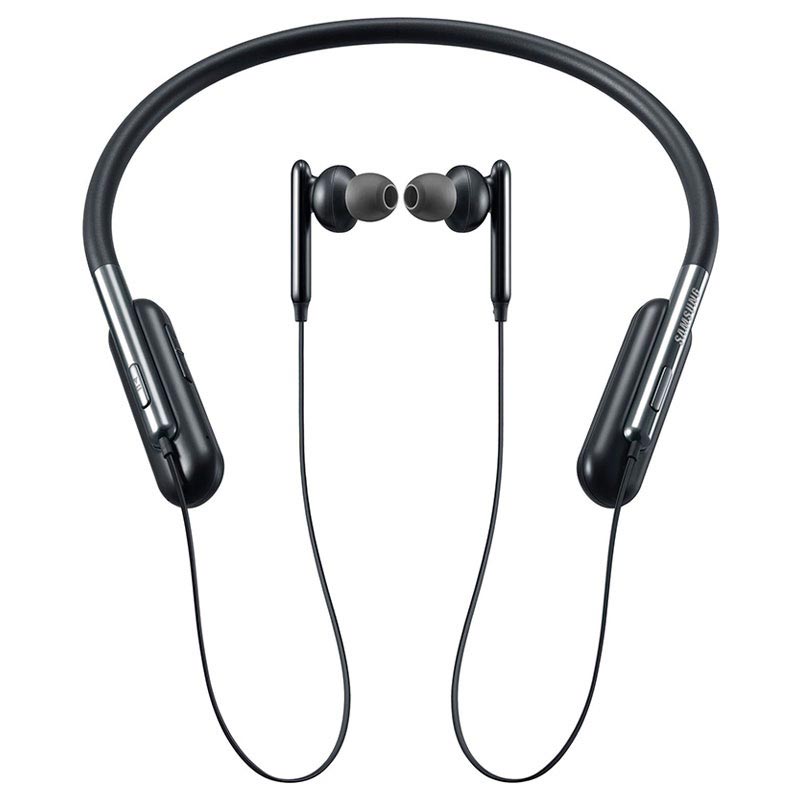

However, in a wired configuration, a dual-band mesh system will give you consistent performance throughout. These mesh systems have only a single broadcaster of each of the two frequencies (2.4 GHz and 5 GHz.) As a result, in a wireless setup, the speed of the satellite unit’s 5 GHz band is generally only half that of the router unit due to signal loss. See also eero Pro 6 vs eero 6: How to Get the Most out of Your Amazon Wi-Fi Best dual-band Wi-Fi 6 mesh systems: Excellent for a wired home (or one with modest Internet speeds) Why did I make two lists instead of just one? Well, read on and find out yourself. Or check out these direct comparisons to see how some of them pan out as competitors.Ī note to fans of the Amazon eero: Neither of the new eero 6 mesh Wi-Fi systems made it to these two lists. Scroll down to the bottom to see how their performance stacked up. I’ll add (or remove) the options as more systems become available. You’ll see them here in the reviewed order, latest on top - the number in front of their name is just numerical. There is now a good selection of Wi-Fi 6 mesh systems on the market, and this post includes only those I consider the best among the many I’ve tested.

Netgear Orbi RBK852: The expensive Wi-Fi 6 mesh that delivers Asus ZenWiFi AX: Representing the plenty of tri-band AiMesh options Linksys MX12600: A totally well-priced mesh for a large home Netgear Orbi AX4200 (RBK752): Possibly the most rounded Orbi to date Deco X5700: TP-Link’s best Wi-Fi 6 Mesh system to date ARRIS SURFboard mAX AC6600: An easy, reliable, but feature-poor canned mesh Best tri-band Wi-Fi 6 mesh system: Expensive but convenient for those without wiring.

TP-Link Deco X60: Easy to use but wired backhaul is a must Asus ZenWiFi AX Mini: Representing the plenty of dual-band AiMesh options Netgear Nighthawk MK63: The beginning of EasyMesh Netgear SXK30 Orbi Pro Mini: A reliable business mesh for a home ZenWiFi ET8: Tri-band Wi-Fi 6E is the new dual-band


 0 kommentar(er)
0 kommentar(er)
